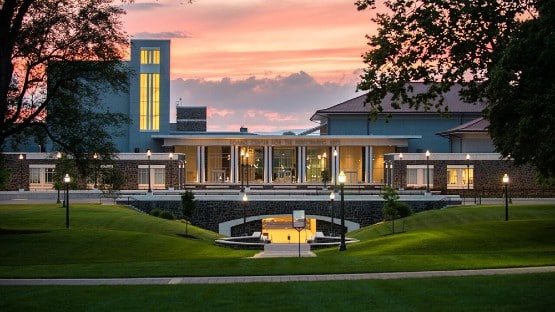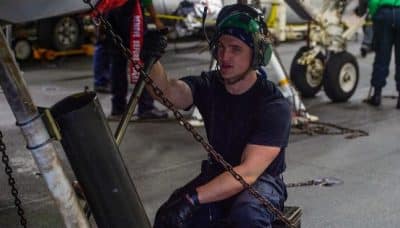Column by David Cox
Amid the ruckus over abusive driver fees, a budget shortfall, mental health care in light of the Tech murders, and other issues of the moment, larger questions get overlooked. Yet these are often the questions that underlie the issues that elections turn on.
I thought I’d look ahead a bit. Here are three big questions to answer:
– What happens to the Virginia economy when the current wars cease?
Defense spending has spurred the Northern Virginia economy for the last six years, which in turn has bolstered state coffers. Yet what if peace actually comes and federal spending dries up?
Already, projections show lower revenues than expected by some $650 million, largely because of a slowdown in the housing market: not bad out of a $74-billion two-year budget. But what of things to come?
Joseph of Genesis fame helped Pharaoh prepare for seven years of drought, because he could foresee what was coming. “Peace,” however defined, is hardly a curse, but it does hold consequences. Is Virginia ready?
– If we’re not ready for the consequences of peace, are we ready for the consequences of war?
Thousands are returning from Iraq and Afghanistan – men and women, military and civilian – and many of those to homes in Virginia. What wounds do they bring, not just the obvious physical ones, but the less evident psychological, emotional, and spiritual ones? What wounds afflict not only those who have served, but their families – spouses, parents, and children who have coped with the difficulties of separation, the damages of injuries, or the devastation of death?
Agencies like the Veterans Administration should be helping those who have been harmed in the line of military duty (though after the Walter Reed mess, one wonders). What of those who served in non-military capacities, and what of families who stayed stateside but deal with heavy burdens nonetheless?
And what responsibility do we, as a Commonwealth, have in binding up wounds of war?
– Is an 18th-century system of taxation right for the 21st century?
Nearly homeowner knows how property taxes have soared. “Why” is a question for another day. But underlying that question is whether taxing land value makes sense.
Once, maybe, it did. Once, land usually meant wealth. It was presumed that large landowners would pay more tax than small ones because they could. Their “fair share” was larger than others, as was their ability to pay. True, there were the exceptions of those who became “land poor.” But, in thoroughly agricultural days, land provided the means to produce income. And farming was the driving economic force.
Now, though, land usually means a place to live rather than a source of income. Owning a home does not necessarily make one rich. The equation of “land = wealth” doesn’t necessarily hold, any longer.
But property taxes remain the basis for funding local government.
Does that make sense any more?
I don’t know the answer to this question any more than for the others. I do know that we won’t find the answers unless we ask the questions. And the time to ask questions is now.
David Cox is the Democratic Party nominee in the 24th Senate District.










